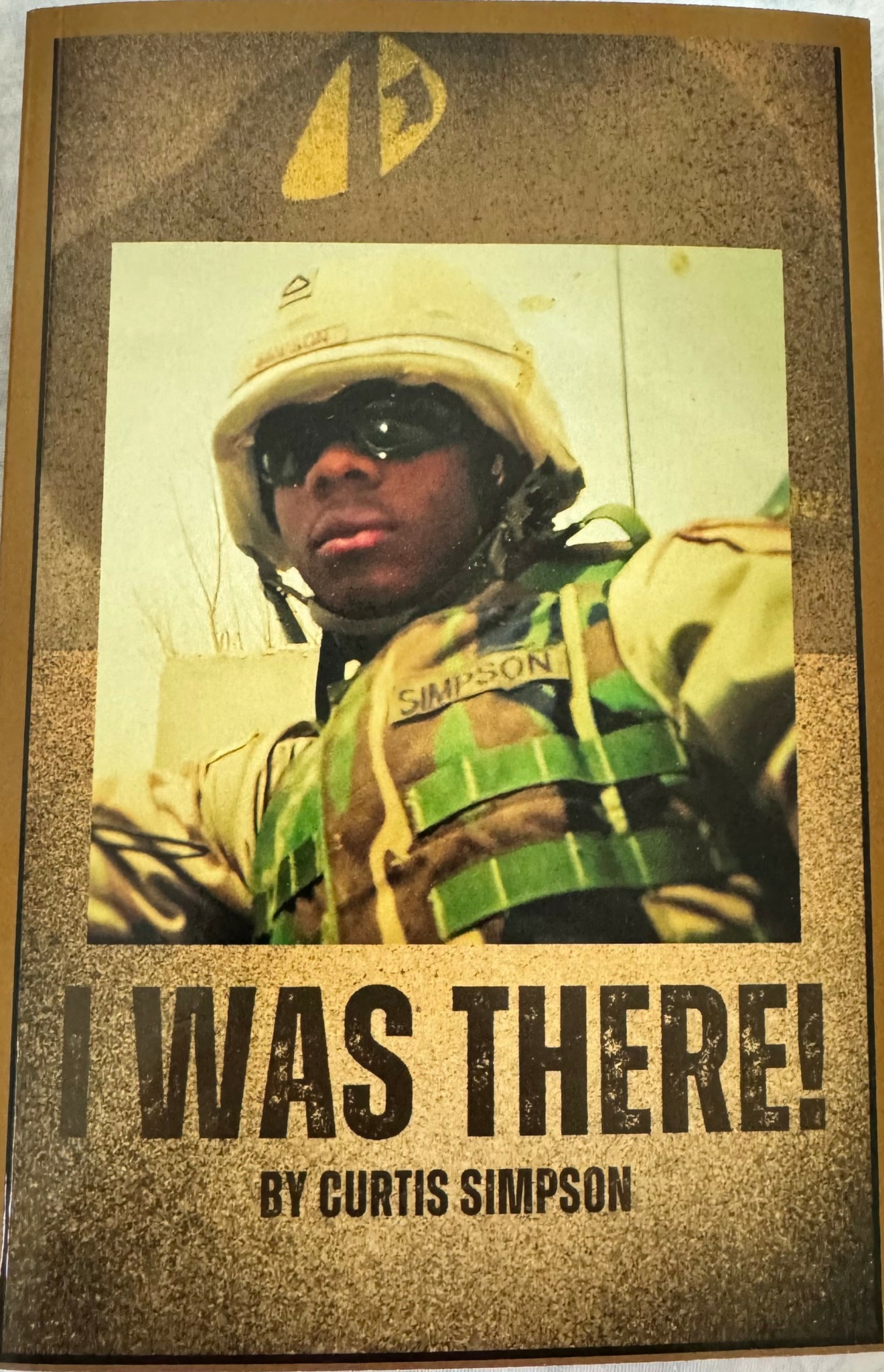We recently connected with Curtis Simpson and have shared our conversation below.
Curtis, appreciate you joining us today. What was the most important lesson/experience you had in a job that has helped you in your professional career?
The most important lesson I learned during my time in the US ARMY, which has profoundly shaped my career as an actor and author, is the power of resilience and adaptability. In combat, things never go as planned. You train rigorously, study every angle, and prepare for the worst-case scenario, but the battlefield is chaotic. It teaches you quickly that the only certainty is uncertainty, and your ability to adapt, make decisions under pressure, and keep moving forward is what defines success—not just surviving, but thriving.
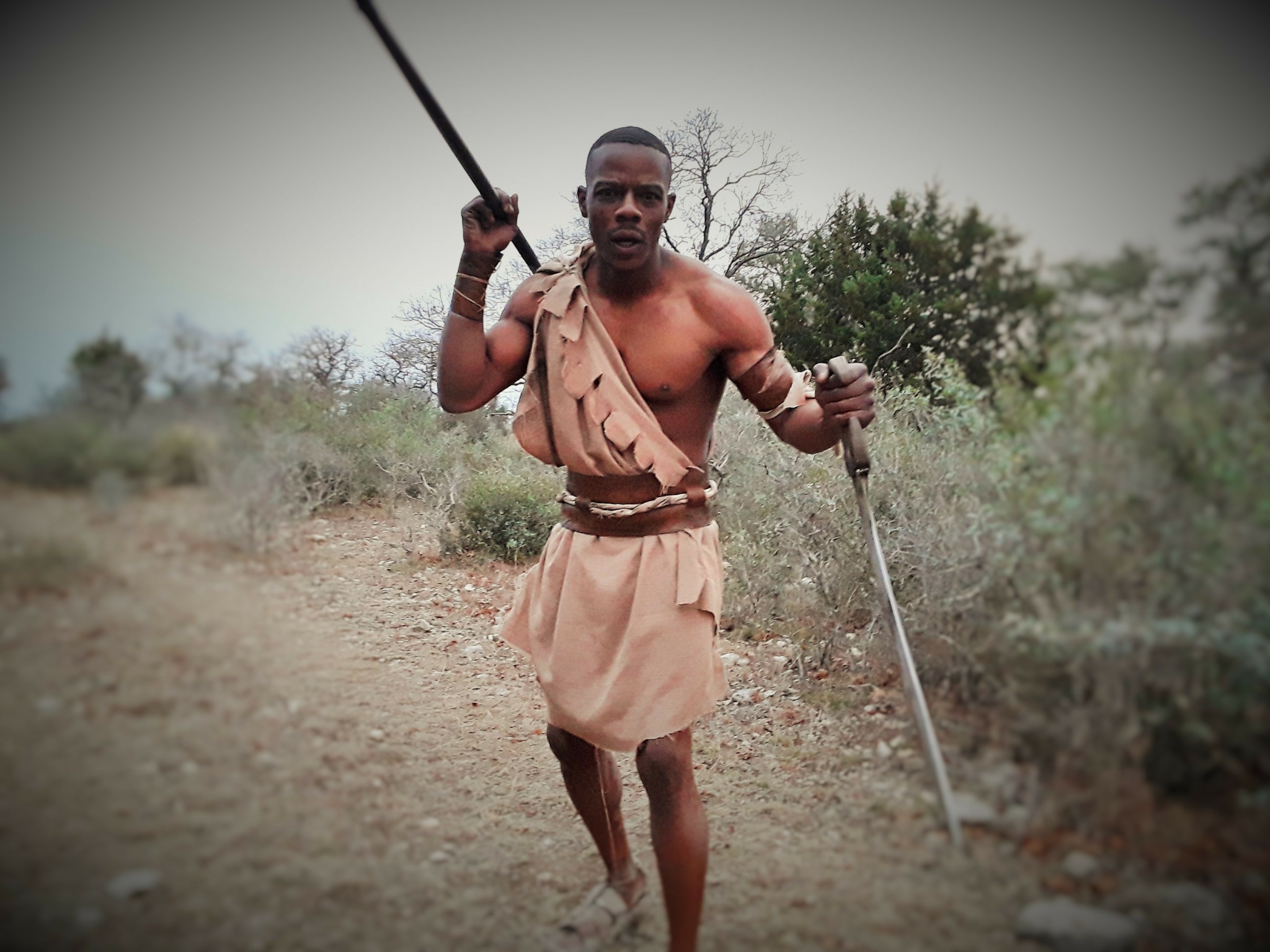
As always, we appreciate you sharing your insights and we’ve got a few more questions for you, but before we get to all of that can you take a minute to introduce yourself and give our readers some of your back background and context?
For those who don’t know me yet, my journey has been anything but conventional. I’m a combat veteran who dealt with PTSD, but instead of letting that define me, I chose to take action. After years of struggling in silence, I realized I didn’t want to be a victim of my circumstances anymore. The military gave me discipline and purpose, but when I came home, the battle didn’t end. The internal fight with PTSD was relentless, and it affected every part of my life—my relationships, my mental health, and my ability to move forward. But there came a moment when I made a conscious decision: I was going to take back control. I started writing as a way to process my experiences, and that eventually became the foundation for my first book. Through that, I found healing.
Writing that book wasn’t just about telling my story—it was about reclaiming my narrative and hopefully giving others the courage to do the same. It was also the beginning of a new chapter for me, one where I decided to chase my dream of becoming an actor. Acting, much like writing, gave me a new way to express the complex emotions I had bottled up for so long. It allowed me to channel my pain, my struggles, and my triumphs into characters and stories that resonated with people.
What sets me apart is that everything I create—whether it’s a book, a film role, or a public speaking engagement—comes from a place of raw authenticity. I’m not just playing a part or writing a story. I’m sharing real emotions, real pain, and real victories. I’m proud of the fact that my work doesn’t sugarcoat reality, but it also doesn’t dwell in despair. It’s about survival, transformation, and finding strength in adversity. I provide my audience with stories and experiences that reflect real human resilience—whether it’s in my writing or my acting.
The thing I’m most proud of is that I’ve been able to turn my pain into something meaningful. I’ve met so many veterans and civilians alike who have found comfort, inspiration, or validation in my work. It reminds me every day that what I’m doing has a purpose beyond myself. That’s what drives me.
For anyone following my journey or coming into contact with my work for the first time, I want them to know that I’m proof that it’s never too late to rewrite your story. I want to show people that no matter what challenges they’re facing—PTSD, personal struggles, fear—they can take control and turn it into something powerful. My brand isn’t just about entertainment; it’s about empowerment. It’s about showing that you can heal, you can succeed, and you can chase your dreams no matter where you start or how hard the road gets.
At the core of everything I do is the belief that pain and struggle don’t have to be the end of the story. In fact, they can be the beginning of something extraordinary. That’s what I want people to take away from my work.
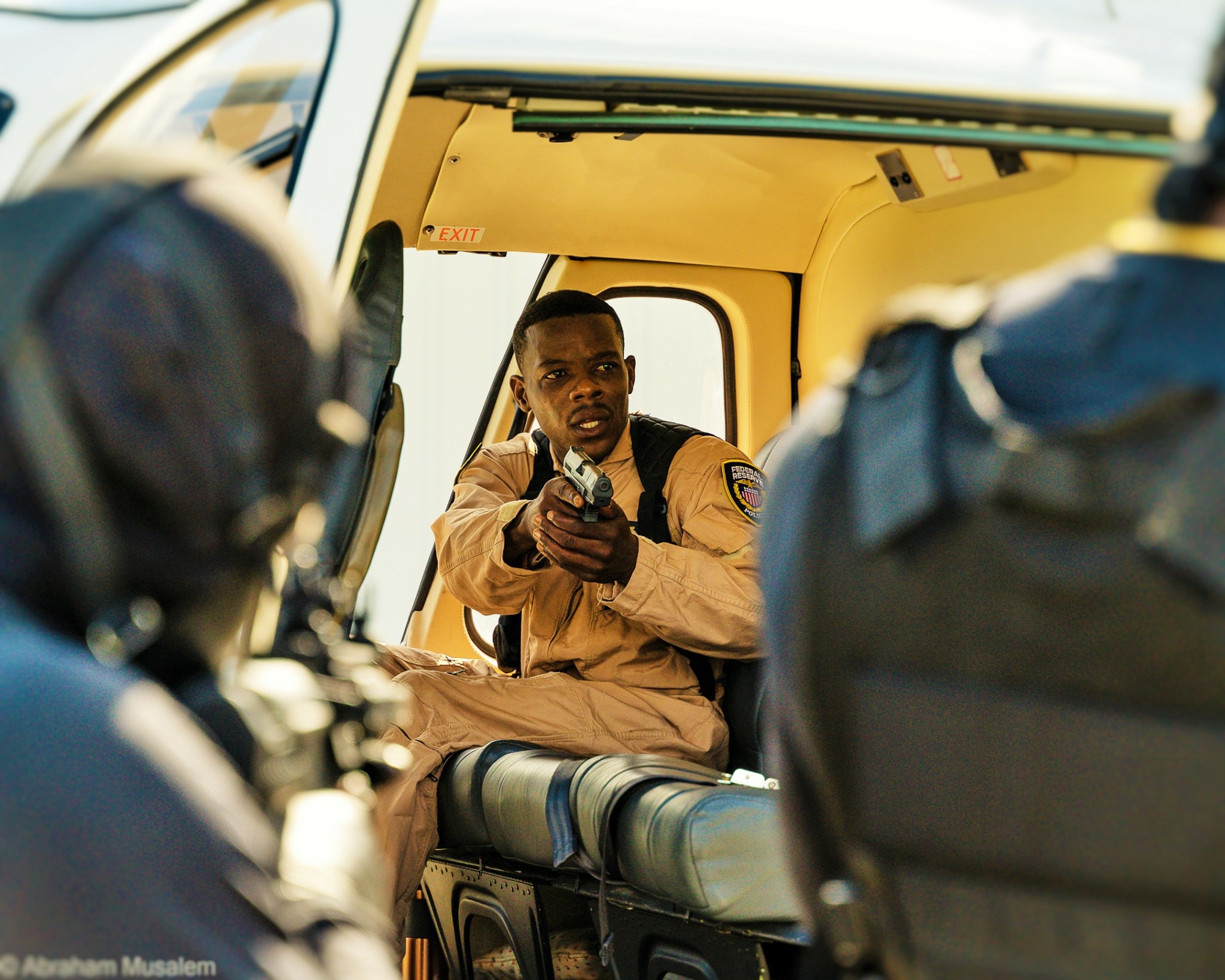
Do you think you’d choose a different profession or specialty if you were starting now?
If I could go back, I wouldn’t change a thing. Even after dealing with PTSD and the struggles that came with it, I’d still choose the military, without hesitation. The experiences I gained, the lessons I learned, and most importantly, the people I met along the way are irreplaceable. Serving in the military shaped who I am today—it taught me resilience, discipline, and how to stay focused under pressure. Those skills became the foundation for everything else I’ve done, whether it’s writing a book or pursuing acting.
When I look back, I don’t just see the challenges; I see the growth. PTSD was a part of my journey, yes, but it also taught me how to confront and overcome personal battles. It pushed me to dig deep and find a strength I didn’t know I had. And honestly, I don’t think I would’ve discovered that if I hadn’t gone through those experiences. The military introduced me to a brotherhood, a sense of purpose, and a way of life that is unlike anything else. The relationships I built during my service, the trust and camaraderie, are things I’ll carry with me forever.
If anything, I wish I could have served even longer. I have a deep respect for the men and women who continue to serve, and I think a part of me will always miss it. The military gave me a perspective on life that I couldn’t have gained anywhere else. It’s that perspective—understanding sacrifice, dealing with uncertainty, and appreciating every moment—that has guided me in my other careers as an actor and author.
So, if I had the chance to go back, I wouldn’t just choose the same profession—I’d embrace it even more fully, knowing now how profoundly it would shape my life. The challenges, the pain, the triumphs, all of it was necessary for me to become the person I am today. And for that, I’m incredibly proud.
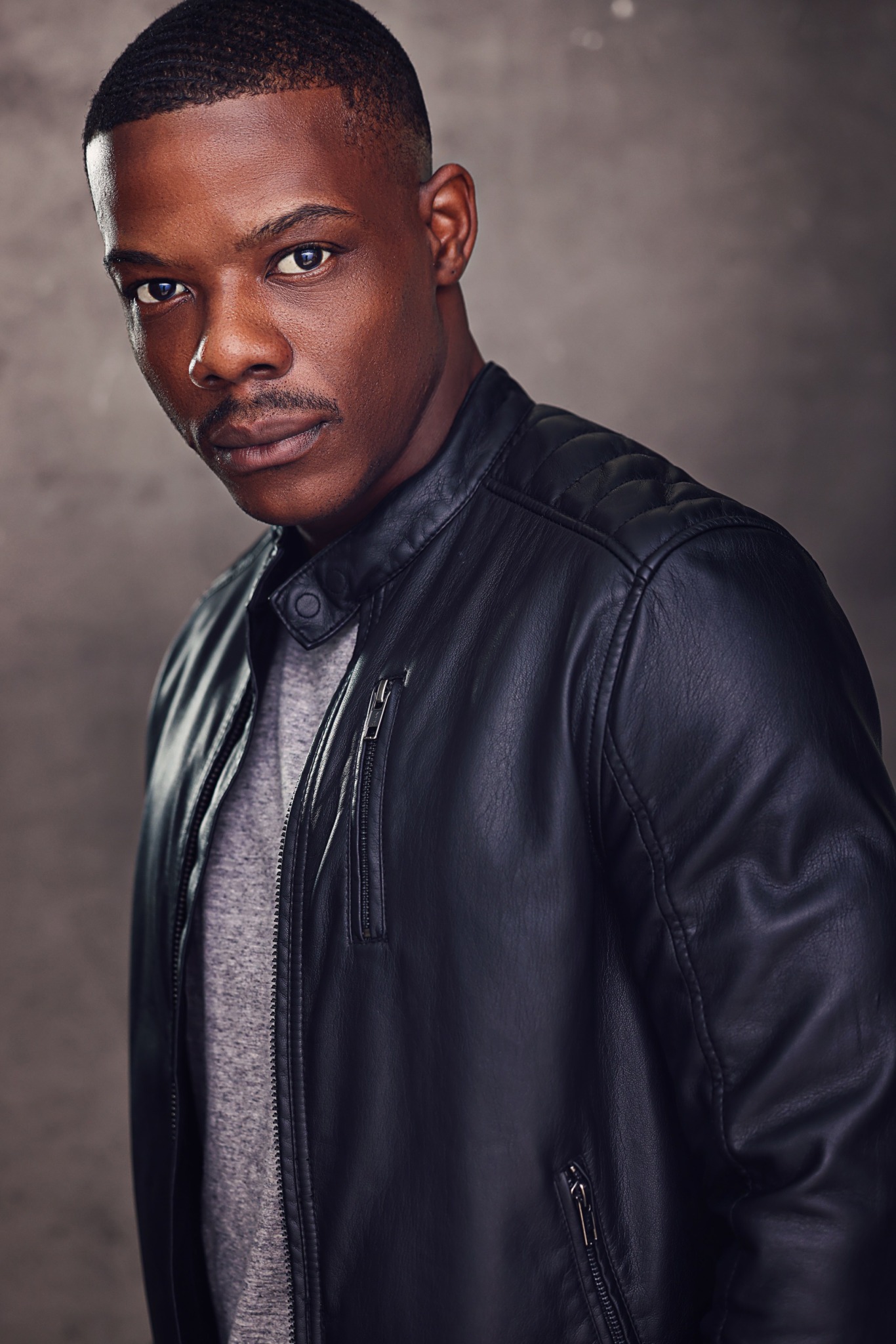
Can you tell us about a time you’ve had to pivot?
There was a pivotal moment in my life, right after leaving the military, when I realized I needed to open up in ways I wasn’t used to. Transitioning from combat to civilian life was one thing, but deciding to pursue acting and writing was another. What I learned is that you can’t fake vulnerability. Whether in acting or writing, the best work comes from being real. Pivoting into these new fields required me to unlearn some of the things that kept me “safe” in the military, like suppressing emotions, and instead, I had to embrace the full spectrum of my experiences.
That pivot—from soldier to storyteller—taught me that every aspect of my life, even the difficult parts, had value in shaping who I am today. It’s helped me become a better actor and writer because I’m willing to go deeper, to be more honest, and to use my personal story to connect with others on a human level. And that’s what it’s all about—connection, both with myself and with the audience.
Contact Info:
- Instagram: @Supercurt02
- Other: [email protected]/CurtisSimpson
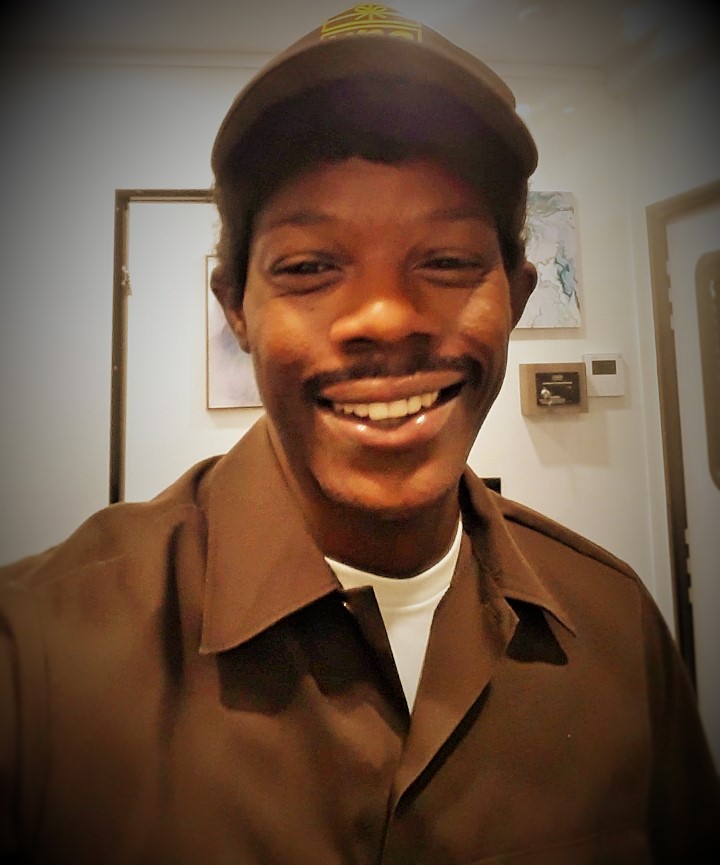
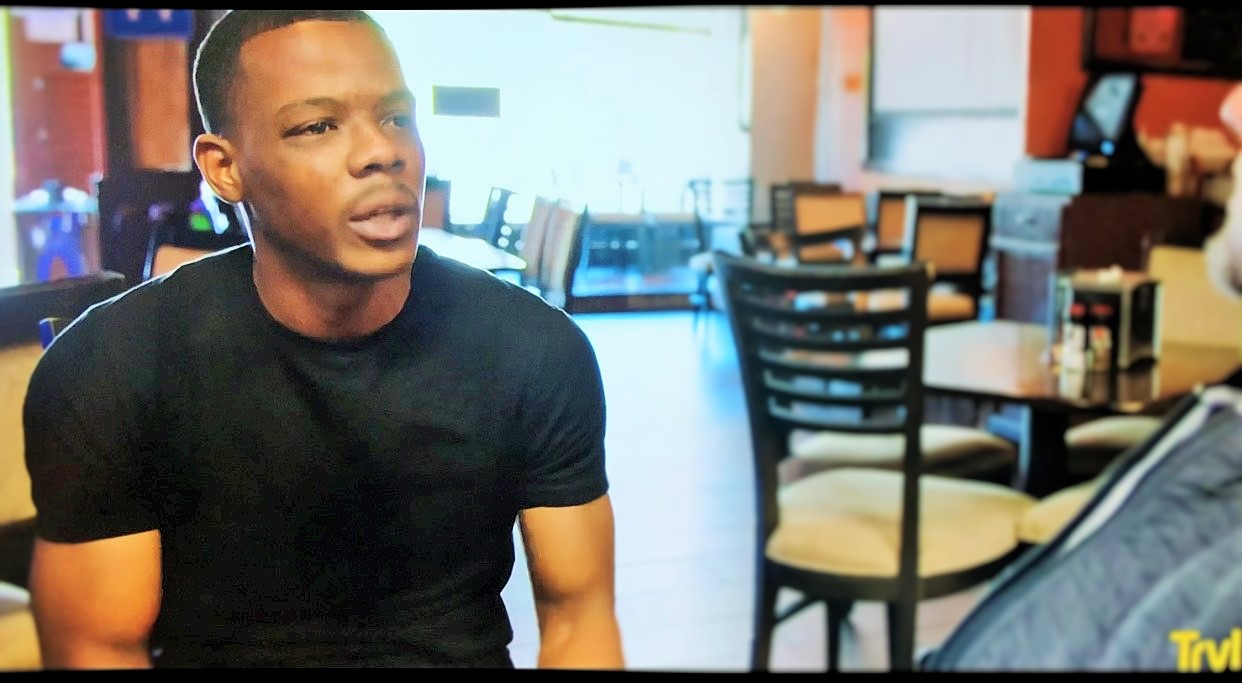
Image Credits
Headshot photo taken by ABM photography/abmpix.com


